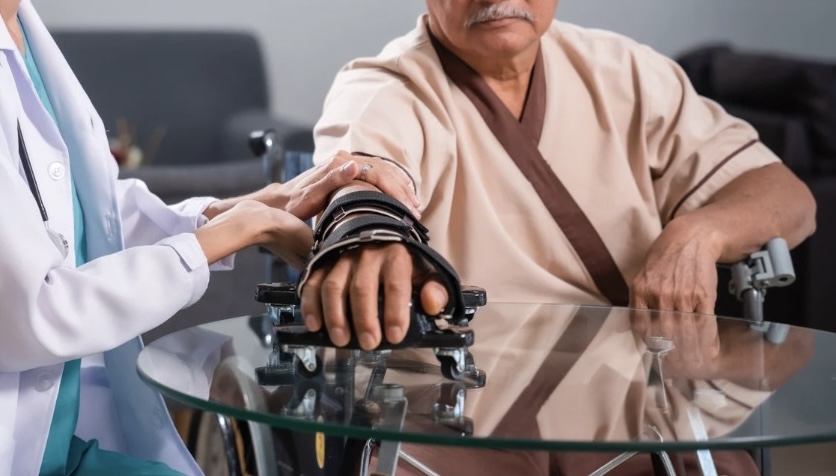“As we look forward to the holidays, many people will be traveling to spend treasured time with family and friends, or maybe just to enjoy some relaxation on the beach or ski slopes. For some that just means throwing a few essentials into a backpack and hitting the roads or airways,” said Gladys Velarde, M.D., FAHA, a national volunteer with the American Heart Association and a professor of medicine at the University of Florida in Jacksonville. “It’s not always that simple for people who have chronic health conditions that require multiple medications or special medical equipment. There are also considerations for how to maintain your health and not put yourself at increased risk.”
Velarde said that doesn’t mean travel is off-limits if you have a chronic health condition. A little planning and preparation can take the stress out of travel and prepare you for your next big adventure.
- Check-in with your health care provider – Talk to your primary care physician or specialist about your travel plans and any special considerations related to your health. They can offer personalized guidance on any restrictions or precautions you need to keep in mind. It’s also a good idea to carry a copy of your key medical records and a list of phone numbers for your doctors, including emergency contact information.
- Manage your medications – Make sure medications are clearly labeled and that you have enough to last your entire trip. Carry a list of all medications, including dosages and pharmacy information. If you’re traveling across time zones, work with your healthcare provider to adjust medication schedules appropriately. Some medications may need to be refrigerated, so you’ll need to research how to pack those appropriately for airport security or other transport and ensure you’ll have a refrigerator in your hotel or other lodging.
- Plan for transporting medical devices and supplies – Whether you’re traveling by airplane, bus, train, cruise ship, or other means, you will want to plan ahead if you have any special medical equipment. If you use a wheelchair, walker, or other assistance for getting around, you may need to check in with the company you’ll be traveling with for how to transport those. That also goes for portable oxygen devices or CPAP machines. Don’t forget to pack your blood pressure or glucose monitor if you use one regularly.
The American Heart Association (AHA) has more helpful advice for people living with a health condition like heart disease or stroke, who are traveling away from home during the holiday. Click HERE.
Stroke is the fifth-leading cause of death in the U.S. It is the No. 3 cause of death for Hispanic women and No. 4 for Hispanic men. Moreover, the average age for strokes among Hispanics is 67, but 80 for non-Hispanic white people, according to Dr. José Biller, a professor and chair of neurology at Loyola University Chicago’s Stritch School of Medicine.
Stroke is the No. 5 killer in New Hampshire, according to an AHA fact sheet. 2,721 people in the state died of heart disease in 2017.
NH Latino News and the American Heart Association of New Hampshire are partners in best serving the Hispanic, Latino community.
Cover Photo by Julia Khalimova.




